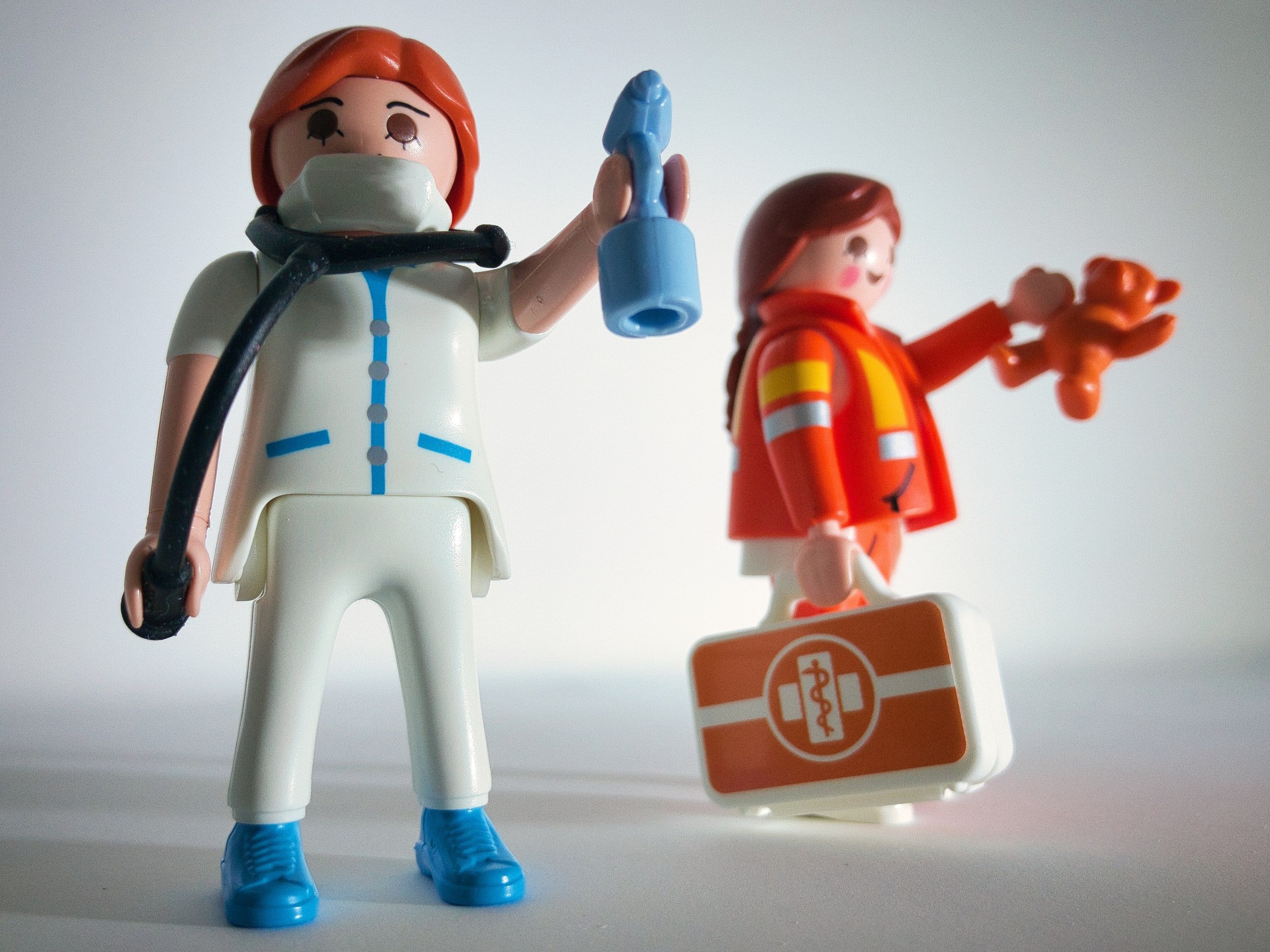Healthcare in The Netherlands
THE INSURANCE, THE DOCTOR, THE EMERGENCIES…
How do health insurances work in The Netherlands? who is the ‘huisarts’? what to do in case of emergency?
In 2018, the Dutch healthcare ranked #2 among the 35 countries in the European Union as per the Euro Health Consumer Index. This study measures consumer satisfaction using different system variables such as customer service, waiting lists, medical results, service coverage or pharmaceutical products.
THE HEALTH INSURANCE
Once in the Netherlands, if you need unforeseen medical treatment (emergencies) before acquiring your Dutch health insurance, you can use your European Health Insurance Card. HERE you can read about how to use it.
When you work in the Netherlands you are obliged to obtain a Dutch public health insurance (zorgverzekering). This consists of a mandatory basic health insurance (basisverzekering or basispakket) and an optional supplementary insurance. There are more than forty health insurance companies (subsidiaries included) that offer the mandatory basic insurance as well as optional supplemental insurance.
HERE will find answers from the Dutch Government to your questions about Healthcare in The Netherlands.
Healthcare allowance
You can receive healthcare allowance in 2024 if your annual income does not exceed the threshold of €37,496. If you have a ‘toeslagpartner’ (fiscal partner), the combined income of both of you must not exceed €47,368. The lower the salary, the greater the amount to be received monthly, even up to the entire coverage of the basic insurance. To apply for the health allowance you must have a DigiD. To apply for the subsidy: HERE.
Choosing the Insurance
Before choosing a health insurance, find out if the company where you are going to work receives group discounts with any insurers. Otherwise they may receive discounts through associations, for example, hotels and restaurants affiliated with the KHN (the largest organisation representing hotel companies in the Netherlands) receive a 5% discount with 3 different insurers.
There are many pages on the internet to compare insurance companies and their prices. For example zorgwijzer o zorgkiezer.
Eigen Risico / Compulsory Excess
This is the amount you must pay out of pocket before the health insurer takes over your health costs. The government determines the level of the excess each year. In 2024 the amount is of €385. This means that the first €385 (or more, if you choose a higher voluntary excess) must be paid by you, and not by the insurer when you receive medical care, excluding the following services (no excess apply):
- Visit to the family doctor
- Obstetric and maternity care
- Specific care for various chronic diseases (type 2 diabetes mellitus, COPD and CVR)
- Wijkverpleging (district infirmary)
- Organ donation follow-up controls
This 'excess' or 'eigen risico' is per calendar year (January 1st to December 31st)
In this link the official explanation from the Dutch authorities
Changing your insurance or health insurer
In summary, the December switching period in the Netherlands allows individuals to easily change their health insurance plans or health insurers by selecting a new one, and the new insurance provider will take care of canceling the old insurance.Hereby the official explanation from the government.
THE GP: 'HUISARTS'
The GP in the Netherlands is called Huisarts, literally translated 'house doctor' (although they do not normally consult at 'home').
It is important to register with a huisarts as soon as possible, as sometimes it can be difficult to find one in the short term.
We recommend to look for a a doctor’s practice nearby (for example, by searching for 'huisarts' on google maps ;-)). Once located, you may call to ask if they have availability for new patients and request a “preliminary appointment” (in Dutch “kennismakingsgesprek”). During this consultation you can find out if the doctor and the practice is compatible with your needs. This consultation is included in your insurance (free of excess).
THE SPECIALIST
To see a specialist doctor in the Netherlands (cardiologist, neurologist, gynaecologist, etc.) you need a referral from your GP (an official document). So before you can make an appointment with a specialist you must visit your GP.
HEALTH EMERGENCY
In a case of a “life-threatening situation” or in need of an ambulance, call the central emergency number 112 (police/ambulance). The operators speak English.
In all other situations, first contact your GP, or after practice hours, the emergency medical service = huisartsenpost. This is a regional facility for general emergency medical care outside of normal practice hours. The 'huisartsenpost' is a free service (it is not included in the insurance 'excess'). There are more than 100 'huisartsenposten' in the Netherlands. The one closest to your home can be found here.
During the call with the 'huisartsenpost' the doctor on duty will decide, for example, if you need to go to the ER (at a hospital), in Dutch called Spoedeisende hulp.
Take care of yourself, love yourself… these are the best medicines
December 2023

